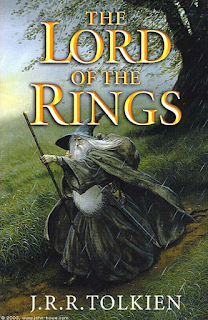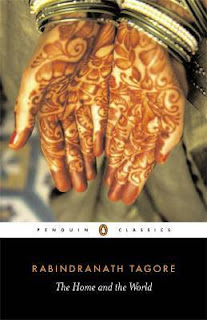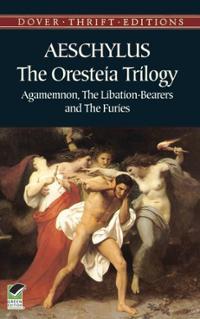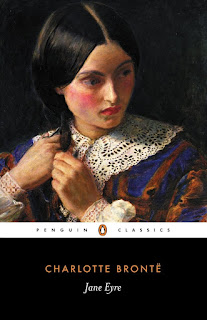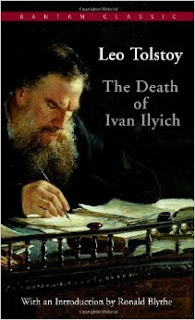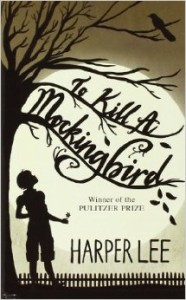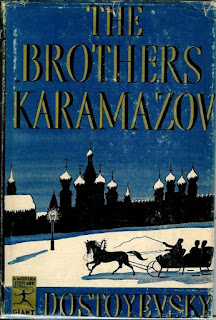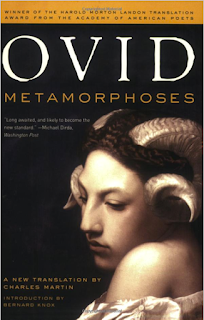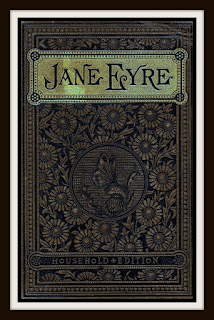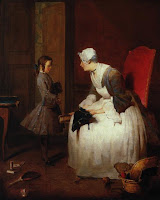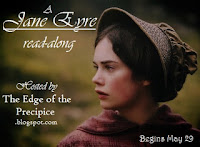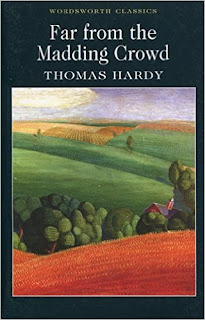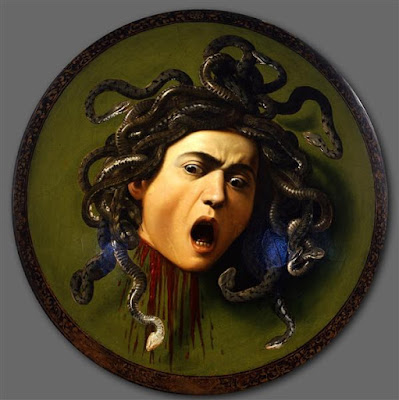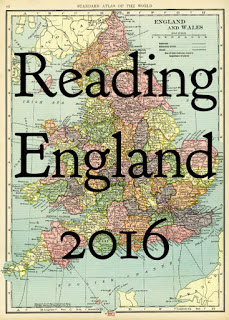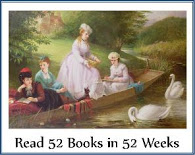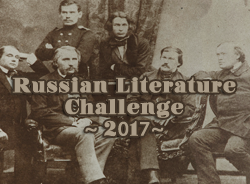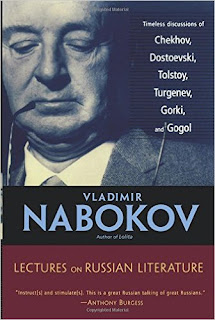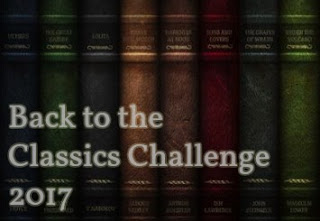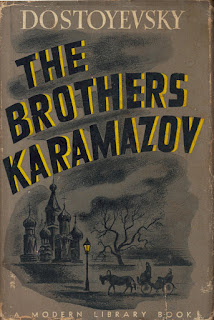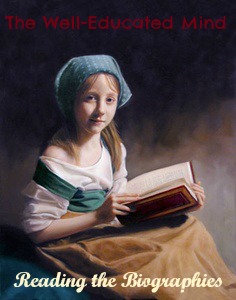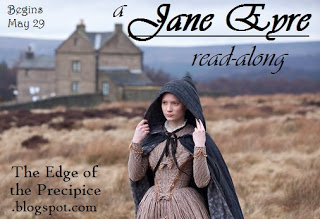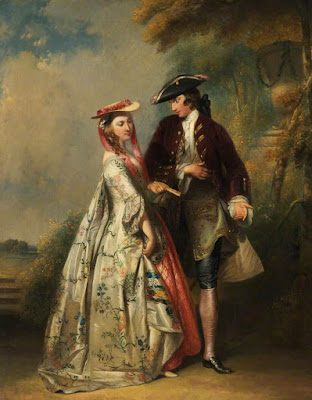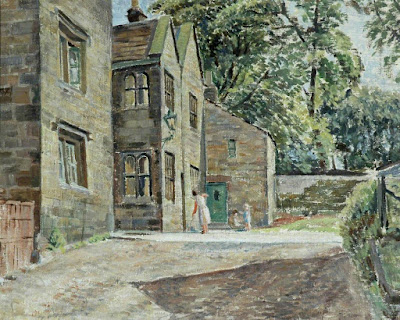Woo hoo! Jay at Bibliophilopolis has launched the 7th annual Deal Me In Challenge for 2017 and I’m can hardly contain myself! It is one of my favourite challenges of the year. Why, you say, when I barely seem to be able to complete 25% of it? Well, it “encourages” me to read works that I otherwise would never get to, so even if I complete 10 off the list, I’m happy.
 |
Holding the Cards (1876)
Mary Cassatt
source Wikiart |
Of course, I change the challenge up to include short stories and essays, poetry and children’s classics to give me a smorgasbord of choices.
Last year, I compiled a new list with only a few of the works I didn’t complete in the previous year, but this year I’ll be boring and simply keep my old unfinished list, adding new titles in the open spaces.
Clubs – Short Stories
A – Cabbages and Kings – O’Henry
2 – Excellent People – Anton Chekhov
3 – The Queen of Spades – Alexander Pushkin
4 – Le Horla – Guy de Maupassant
5 – The Tell-Tale Heart – Edgar Allan Poe
6 – The Life You Save Might Be Your Own- Flannery O’Connor
7 – The Honest Thief – Fyodor Dostoyevsky
8 – A Little Woman – Franz Kafka
9 – A Haunted House – Virginia Woolf
10 – The Birds – Anton Chekhov
J – The Yellow Wallpaper – Charlotte Gilman
Q – Love – Leo Tolstoy
K – Signs and Symbols – Vladimir Nabakov
Spades – Essays
A – Milton – Charles Williams
2 – Doodles in the Dictionary – Aldous Huxley
3 – A Midsummer Night’s Dream – G.K. Chesterton
4 – On A Faithful Friend – Virginia Woolf
5 – A Note on Jane Austen – C.S. Lewis
6 – In Defence of Literacy – Wendell Berry
7 – The Tyranny of Bad Journalism – G.K. Chesterton
8 – Politics and the English Language – George Orwell
9 – An Apology for Idlers – Robert Louis Stevenson
10 – Sense – C.S. Lewis
J – Sex, Economy, Freedom & Community – Wendell Berry
Q – What I Demand of Life – Frank Swinnerton
K – Vulgarity – G.K. Chesterton
Diamonds – Poetry
A – A Sea Dirge – Lewis Carroll
2 – Gesang Der Geister Über Den Wassern – Johann Wolfgang
von Goethe
3 – Nothing But Death – Pablo Neruda (from Poetry Soup)
4 – Sonnett XXIII – Garcilaso de la Vega
5 – Love Sonnet XIII – Pablo Neruda
6 – Resolution and Independence – William Wordsworth
7 – Ode III – Fray Luis de León
8 – Do Not Go Gentle Into That Good Night – Dylan Thomas
9 – To A Mouse – Robert Burns
10 – Tears, Idle Tears – Alfred LordTennyson
J – Easter Wings – George Hebert
Q – On His Blindness – John Milton
K – Phoenix and the Turtle – William Shakespeare
Hearts – Children’s Classic
A – A Triumph for Flavius – Caroline Dale Snedeker
2 – Three Greek Children – Alfred Church
3 – The Story of the Treasure Seekers – E. Nesbit
4 – Detectives in Togas – Henry Winterfeld
5 – Finn Family Moomintroll – Tove Jansson
6 – The Tanglewood’s Secret – Patricia St. John
7 – The Wolves of Willoughy Chase – Joan Aiken
8 – Red Sails to Capri – Ann Weil
9 – Sprig of Broom – Barbara Willard
10 – Teddy’s Button – Amy LeFeuvre
J – Call It Courage – Armstrong Sperry
Q – Just David – Eleanor H. Porter
K – Beyond the Desert Gate – Mary Ray
 |
A Young Man and a Girl Playing Cards
Rembrandt
source Wikiart |
Can I make a confession? The problem I have is that when I draw a card during the year, sometimes I can’t find the book that contains the short story, poem, or essay. Does anyone else have this problem, or it is just me? Perhaps a more practical resolution is needed for the new year: to be more organized.
In any case, I’m excited to start this challenge and thanks to Jay for hosting again. This year I’ll try to do better ….. really I will!



